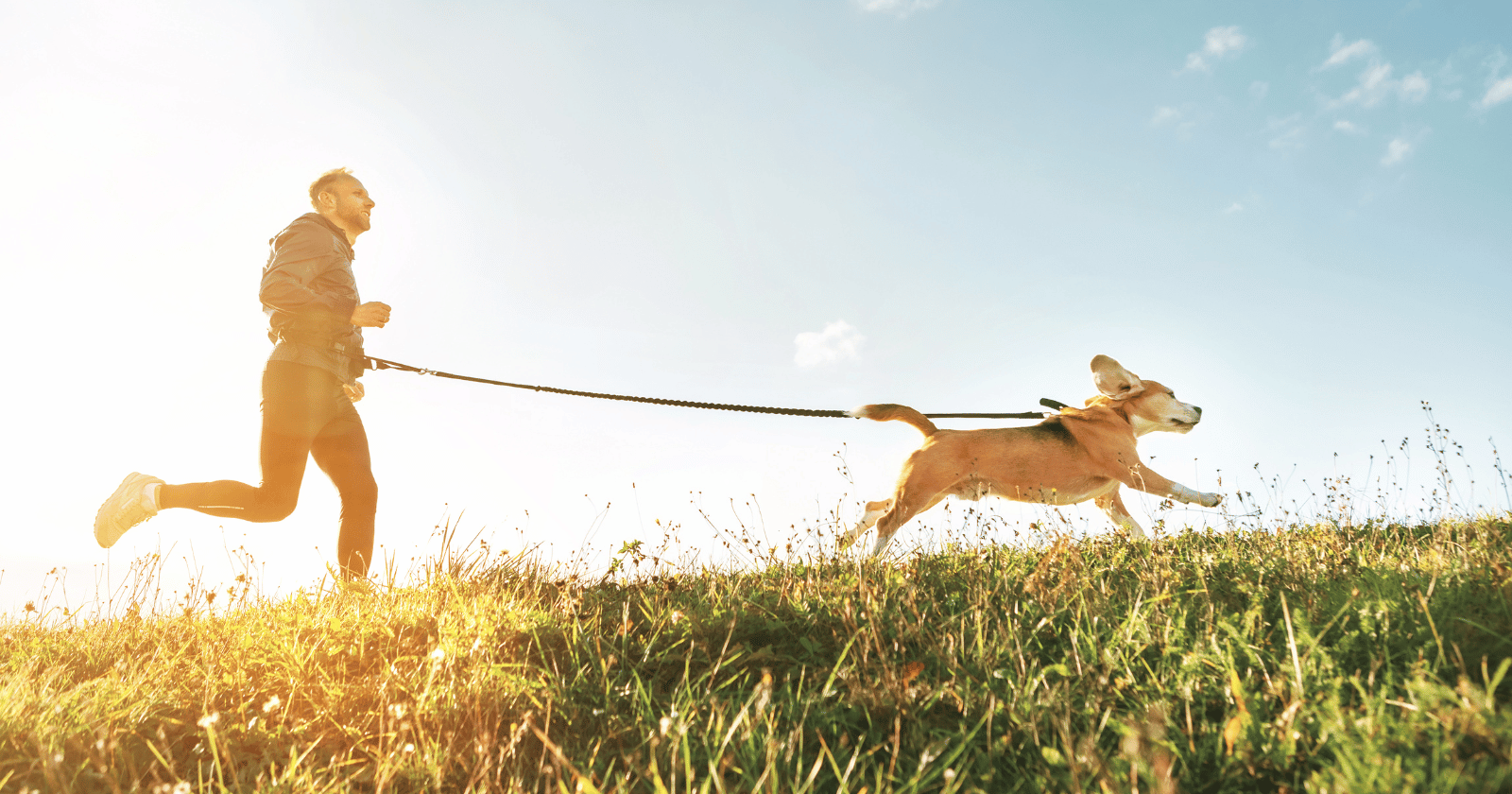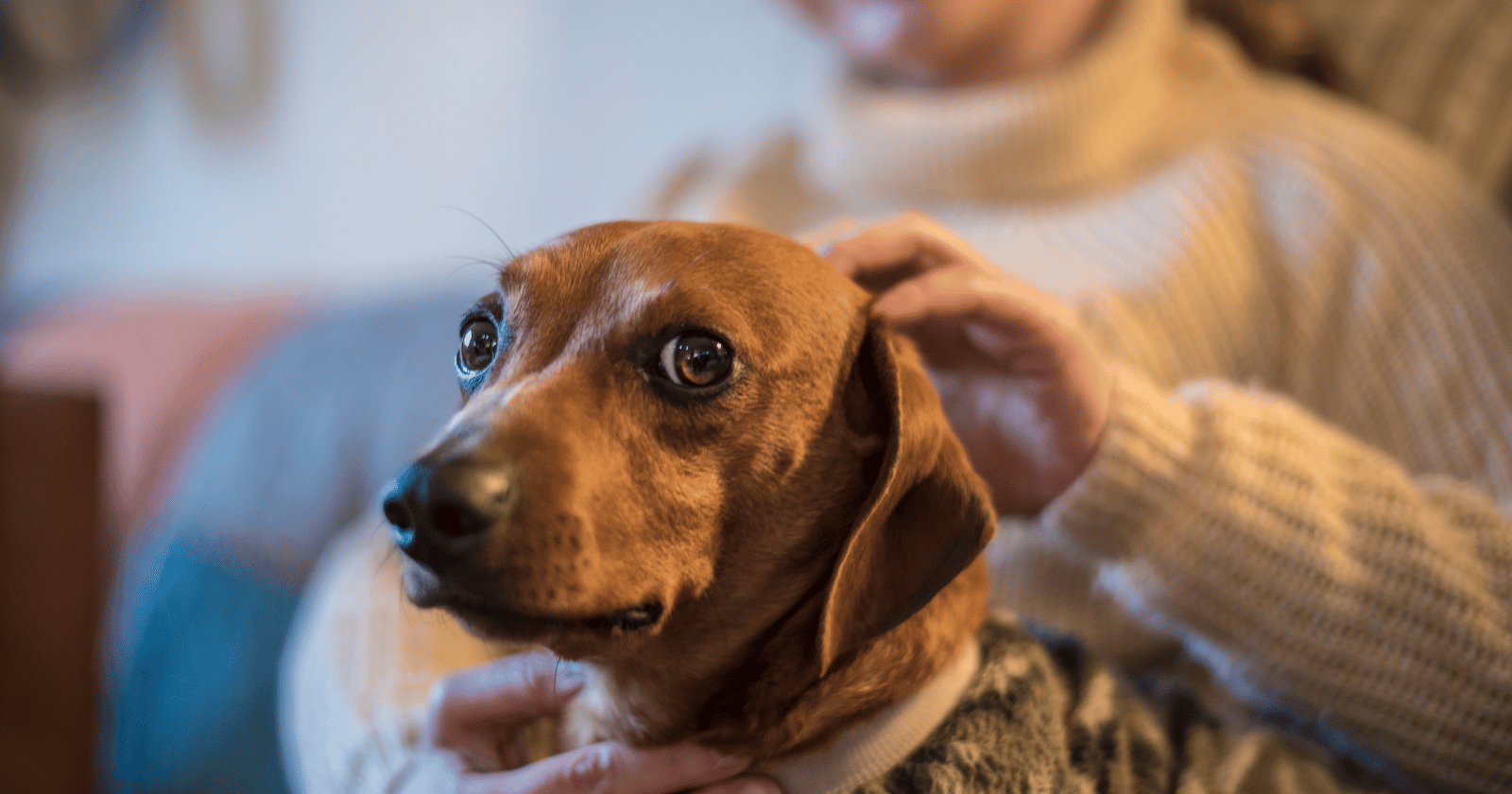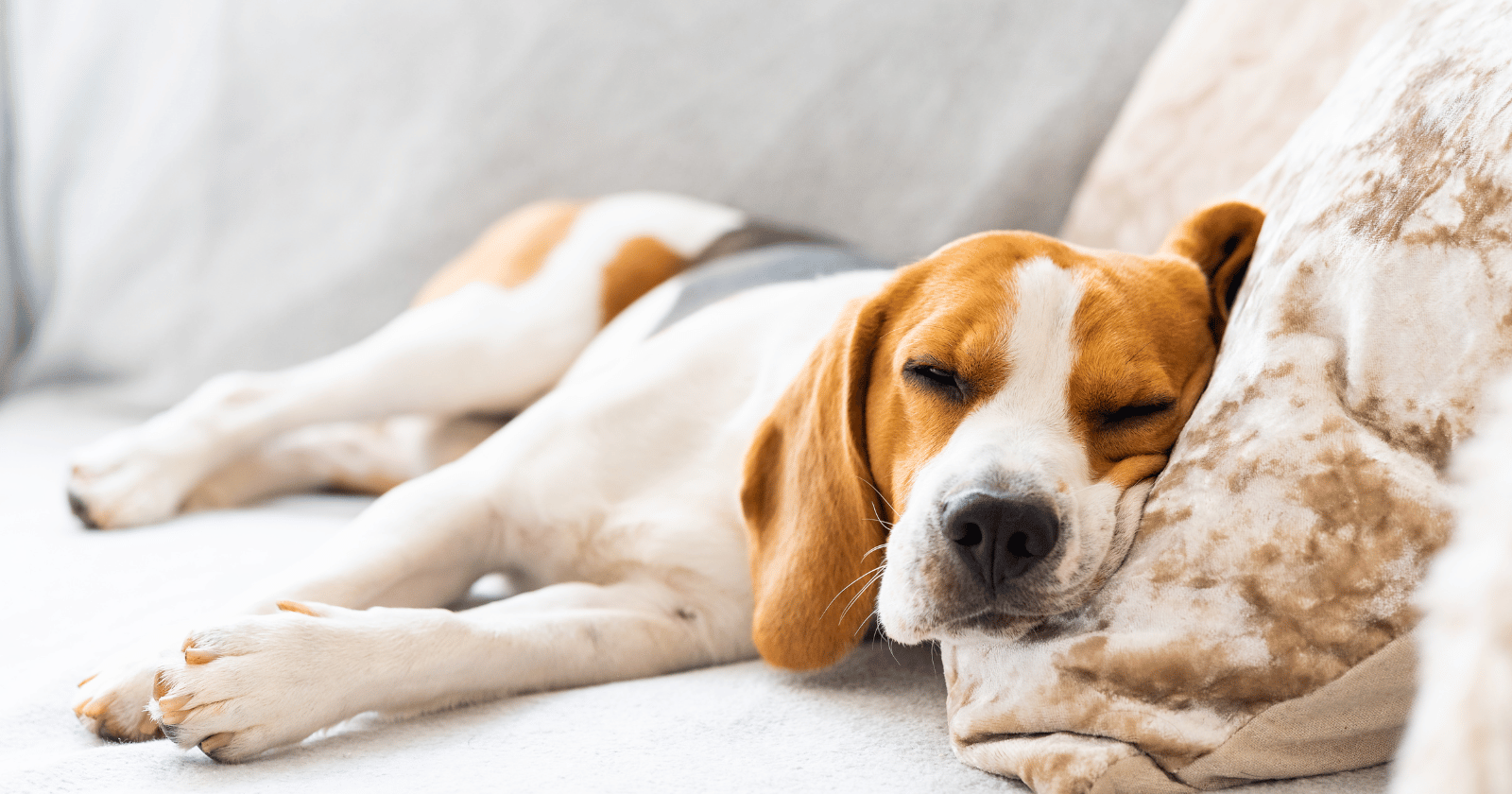Oh boy, there’s a world of difference between a happy, healthy pooch and a dog dealing with constipation.
The difference is all about comfort – and let’s face it, when your four-legged friend is struggling, it can feel like an uphill battle for both of you.
Dealing with a constipated dog is all about knowing what to do to provide immediate relief.
And let me tell you, as a dog parent, there are some tried and tested methods that work wonders.
In this article, I’ll share eight easy steps you can take to help your dog feel better fast.
1. Hydration is key
You’ve probably heard it a million times before, but hydration really is key – especially when your dog is constipated.
Think about it, water plays a crucial role in maintaining digestive health.
It keeps everything moving smoothly along the digestive tract – and that includes your dog’s bowel movements.
When your dog isn’t drinking enough water, their stool can become hard and dry, making it more difficult to pass. This is often the primary cause of constipation in dogs.
So, the first step in relieving your furry friend’s discomfort is to ensure they’re getting enough water.
You might need to encourage them to drink more by adding a splash of chicken broth to their water bowl or investing in a pet water fountain.
But every dog is different, so it’s essential to monitor their condition and make adjustments as necessary.
This isn’t about forcing your dog to drink gallons of water but ensuring they’re getting what they need to stay healthy.
2. Dietary adjustments
Once, my Golden Retriever, Lucy, was having a real hard time.
She was straining and clearly uncomfortable.
I knew I had to do something to help her out.
Then it hit me – it might be her diet.
You see, dogs need a balanced diet to maintain good digestive health.
This includes a right mix of proteins, carbohydrates, and fibres.
Fibre, in particular, can help promote regular bowel movements.
So, I started adding a bit of canned pumpkin to Lucy’s meals.
Pumpkin is high in fibre and water content, making it great for aiding digestion in dogs.
And guess what?
Within a couple of days, Lucy was back to her normal self, playing and wagging her tail with joy.
It’s important to note that dietary changes should be made gradually to avoid upsetting your dog’s stomach further.
And always remember to check with your vet before making any significant changes to your dog’s diet.
3. Regular exercise

Believe it or not, your dog’s physical activity level has a direct impact on their bowel movements.
Exercise stimulates the digestive system and helps move things along, reducing the chance of constipation.
Just like in humans, a sedentary lifestyle in dogs can lead to a sluggish digestive system, resulting in harder stools that are difficult to pass.
Not only does regular exercise aid in digestion, but it also helps maintain a healthy weight and overall well-being for your dog.
Whether it’s a game of fetch in the backyard or a long walk in the park, make sure your dog gets ample opportunity to stretch those legs and get the system moving.
4. Vet-approved laxatives
When natural remedies aren’t enough to relieve your dog’s discomfort, it might be time to consider vet-approved laxatives.
These can help stimulate bowel movements and provide relief from constipation.
However, it’s crucial to remember that these should only be used under the guidance of a veterinarian.
Over-the-counter laxatives for humans can be harmful or even fatal to dogs, so never attempt to use these without professional advice.
Your vet will be able to recommend a safe and effective product based on your dog’s size, breed, age and overall health condition.
They’ll also guide you on the correct dosage and frequency.
In any case, laxatives should be considered a temporary solution and not a substitute for addressing the root cause of your dog’s constipation.
Always work with your vet to identify any underlying issues that might need attention.
5. Massage their belly
Sometimes, a gentle belly massage can help stimulate your dog’s digestive system and provide some relief from constipation.
Start by finding a quiet, comfortable space where your dog can relax.
Then, gently rub their belly in slow, circular motions.
This not only helps to stimulate bowel movements but also provides a soothing effect that can reduce their discomfort.
Be sure to keep an eye on your dog’s reactions throughout the process.
If they seem uncomfortable or in pain, stop immediately and consult your vet.
A belly massage should be a calming experience for your dog, not a distressing one.
This method works best as a supplement to other remedies like proper hydration and dietary adjustments.
6. Show them some love
When your dog is dealing with constipation, it can be a stressful time for both of you.
They might not understand why they’re feeling uncomfortable, and you might feel helpless not knowing how to ease their pain.
During these times, a little extra love and attention can go a long way.
Remember that your dog looks to you for comfort and reassurance.
Spend some extra time with them, reassure them with your presence, and let them know they’re not alone in this.
A little extra cuddling on the couch, a few additional gentle strokes or even just quietly sitting by their side can make a world of difference to your furry friend.
It helps reduce their anxiety and makes them feel safe.
And who knows?
Your warmth and presence might just be the comfort they need while battling constipation.
After all, love is the best medicine there is!
7. Keep a close watch

I must admit, when my dog, Lucy, was constipated for the first time, I was a bit clueless.
I didn’t know what signs to look for or how to help her.
But I quickly learned that keeping a close watch on her behaviour was key.
Monitor your dog’s bowel movements, eating habits and overall demeanor.
Changes in these areas can provide insight into their digestive health.
For instance, if your dog starts refusing food, appears lethargic, or has unusually dry stools, it could be a sign of constipation.
Also, keep an eye out for any signs of pain or discomfort when they’re trying to pass stool.
This constant vigilance allows you to catch any potential problems early and address them promptly.
It also keeps you in tune with your dog’s health and makes you a more proactive pet parent.
8. Consult a vet
If your dog’s constipation persists or if they appear to be in severe discomfort, it’s time to consult a professional.
While there are several home remedies and steps you can take to alleviate constipation, it’s crucial to reach out to a veterinarian if the problem persists.
Your vet can perform a thorough examination to rule out any underlying health conditions that may be causing constipation.
They can also provide more specialized treatments and advice tailored to your dog’s specific needs.
It’s always better to be safe than sorry when it comes to your dog’s health.
Don’t hesitate to seek professional help when you need it.
Your furry friend depends on you to make the right choices for their well-being.
It’s about love and care
At the heart of addressing canine constipation and ensuring your dog’s overall health, it’s not just about the right diet or ample exercise. It’s about love and care.
Our four-legged friends, in their purest form, are bundles of unconditional love.
They trust us wholly and entirely for their well-being.
This trust is a powerful bond, one that we as pet parents have the responsibility to uphold.
When your dog is constipated, they rely on you to understand their discomfort and take the necessary steps to alleviate their pain.
Beyond the practical remedies, it’s about being present, showing empathy, and providing comfort.
Remember, every rub on the belly, every extra walk in the park, every little adjustment in their diet – it all adds up to show them that you care.
Dealing with a constipated dog isn’t just about immediate relief.
It’s a journey of understanding, compassion, and mutual trust.







